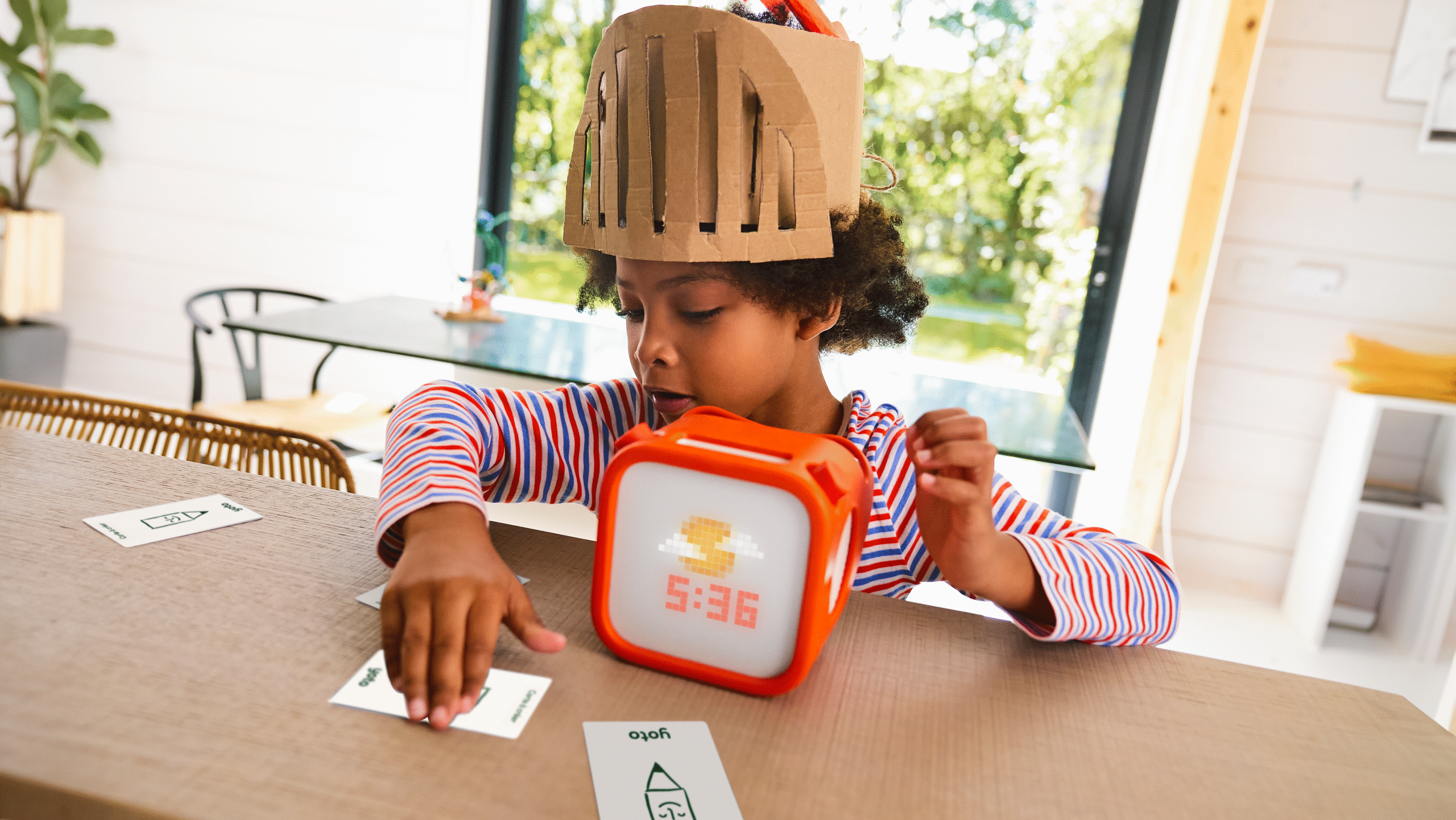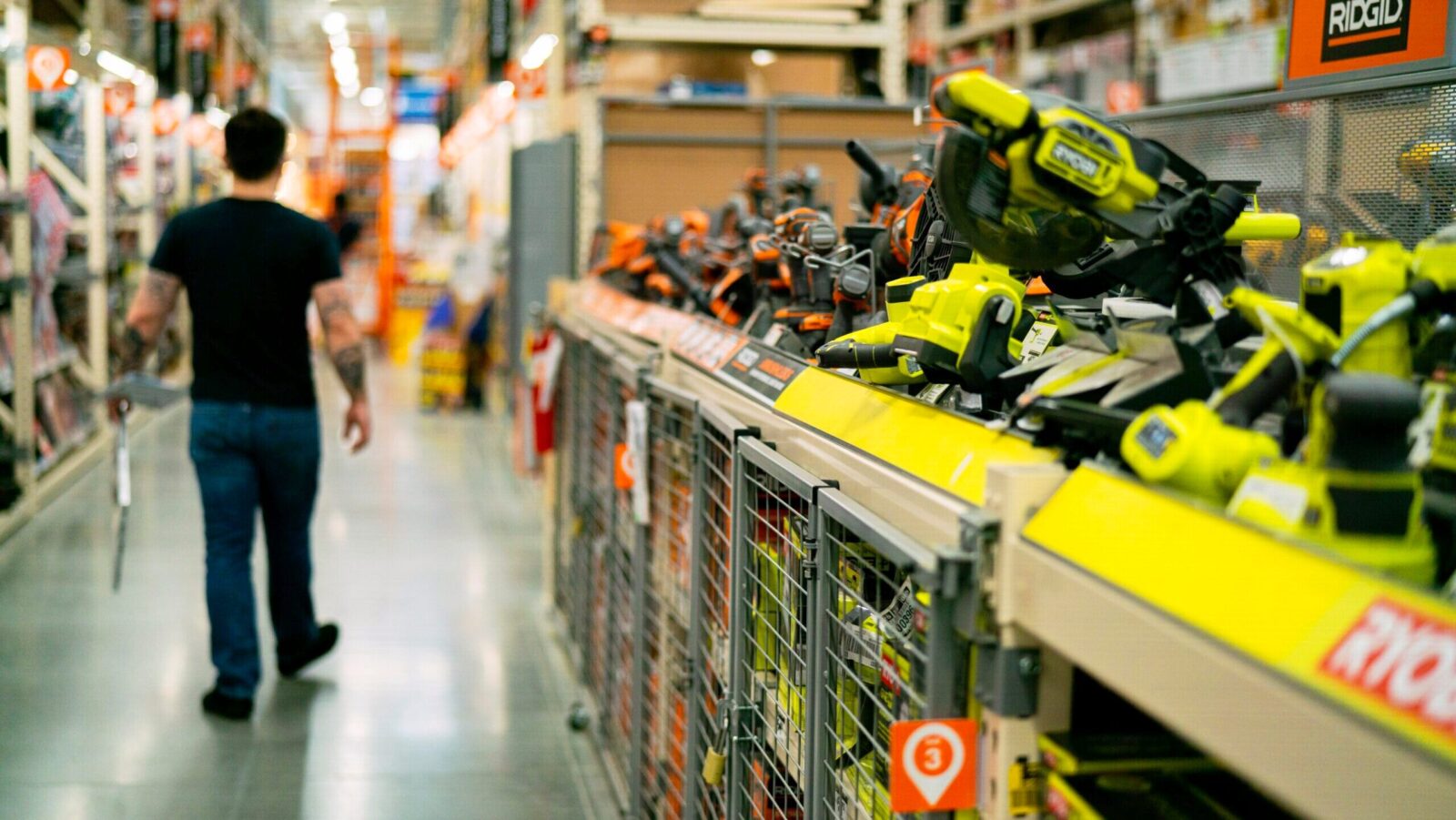A Zuck-backed Screenless Speaker Tries to Save the iPad Generation
Zuck’s investment in Yoto comes after years of lawsuits claiming Meta addicted children to social media and failed to protect them online.

Sign up for smart news, insights, and analysis on the biggest financial stories of the day.
Not all parents think the iPad kids are all right, and it’s showing in sales of less-connected toys like Yoto’s screenless speaker. Yoto said sales of its speakers boomed 86% last year and 84% the year before that. The UK startup, which counts Meta CEO Mark Zuckerberg and Sir Paul McCartney among its investors, expects to turn its first profit this year.
Over 3 million people play music and stories on Yoto’s $70 to $100 speakers (mini or full-size) by popping physical cards into a slot at the top. The design is intentionally old school, so that kids don’t need to interact with a phone or other device to jam out to “Do You Want to Build a Snowman?” 6,000 times in a row. Parents are willing to pay $15 per card to avoid having their Spotify Wrapped dominated by the “Frozen” soundtrack.
Dumb Tech in Demand
Yoto’s not the only kids’ speaker on the block. Rival startup Tonies, which sells speakers that play music via magnetic figurines (like Ms. Rachel and Peppa Pig), has sold 9.5 million Tonieboxes and 125 million figurines.
Both speakers wrap into the larger trend of kids, and grownups, opting for more analog tech:
- In a sign it’s not just kids opting for physical audio options, vinyl record revenue hit its highest level since 1984 last year — CD sales also saw an uptick.
- Beyond audio, startups are seeing success selling minimalist “dumb phones” that have pared-down functionality compared with smartphones. For kids, phones with extra parental controls, like the Bark Phone, are gaining traction. Even landlines are having a moment with the return of retro corded home phones.
Still Scrolling: Zuckerberg’s investment in Yoto comes after years of lawsuits claiming Meta addicted children to social media and failed to protect them online. Despite these concerns and the rollout of tools meant to help limit screen time, CommonSense Media found that US kids’ screen time has remained about the same for the past five years. Two-year-olds spend about 2.5 hours a day on screens, while four in ten kids have their own tablet by their second birthday. One place kids’ screen time is growing: short-form videos like TikToks and Instagram Reels.











